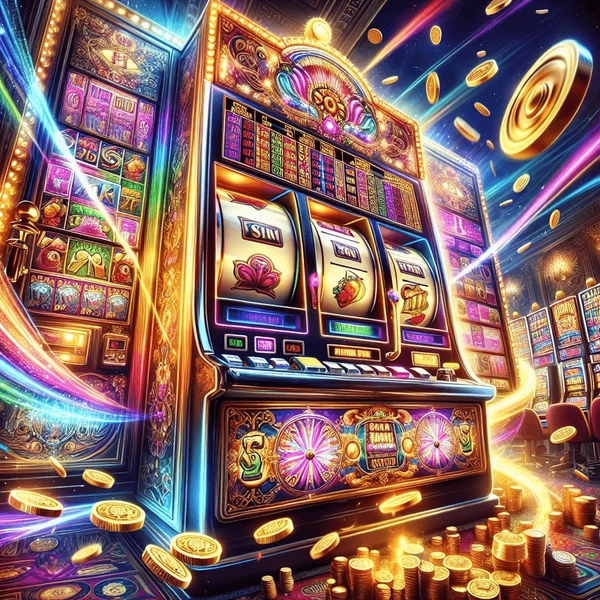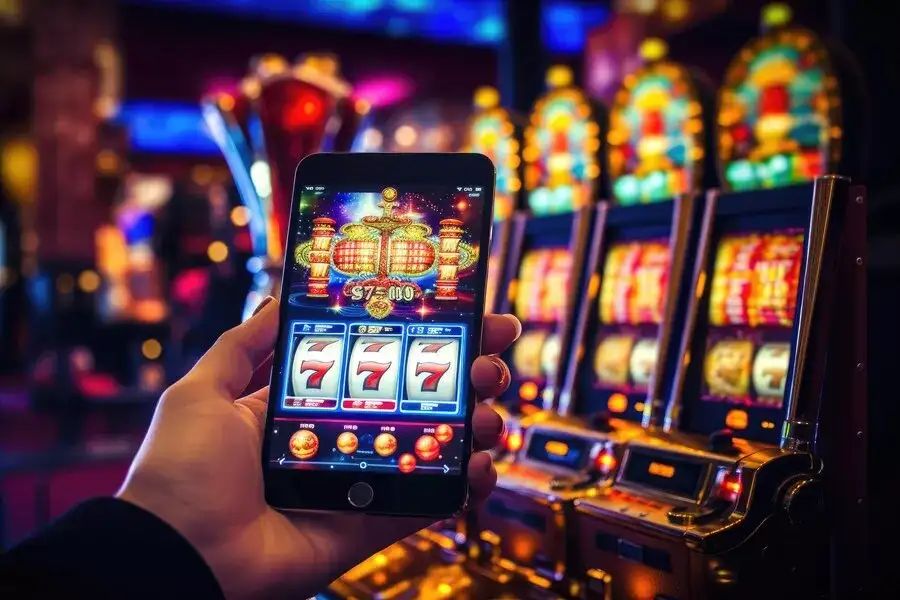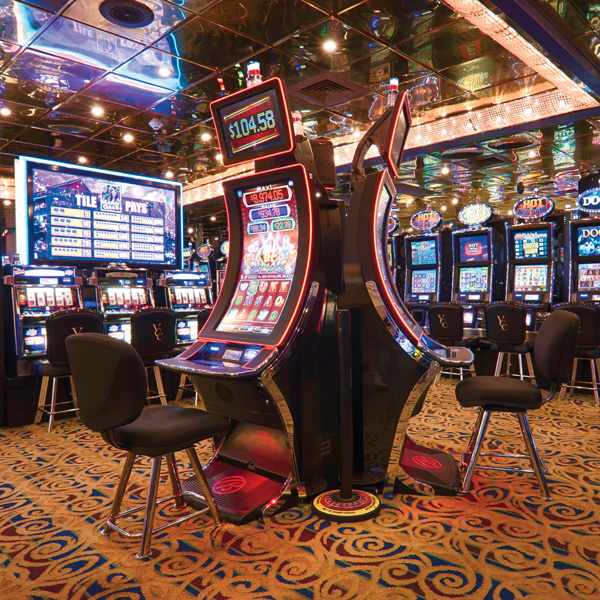November 23, 2025
No Comments
The world of video games is a vibrant tapestry woven with countless narratives, rans 4d innovative mechanics, and technological marvels. For decades, players have embarked on epic journeys, solved intricate puzzles, and forged legendary tales within virtual realms. When we talk about the “best games,” we’re not just discussing technical prowess or sales figures; we’re delving into experiences that resonate, challenge, and ultimately define generations of entertainment. From groundbreaking console masterpieces to the marvels of portable power, the landscape of gaming offers an unparalleled spectrum of digital escapism, with PlayStation and its handheld counterpart, the PSP, carving out particularly significant niches in this illustrious history.
Undoubtedly, PlayStation has been a titan in the gaming industry since its inception, consistently delivering some of the most iconic and critically acclaimed “PlayStation games.” The original PlayStation shattered expectations, bringing 3D graphics and CD-ROM technology to the mainstream, revolutionizing the way stories could be told and worlds could be explored. Titles like *Final Fantasy VII*, *Metal Gear Solid*, and *Gran Turismo* weren’t just games; they were cultural phenomena that pushed boundaries and established new benchmarks for storytelling, cinematic presentation, and immersive gameplay. The PlayStation 2, still the best-selling console of all time, further cemented this legacy with an astonishing library of “PlayStation games” that included *Grand Theft Auto III*, *God of War*, *Shadow of the Colossus*, and *Kingdom Hearts*. These games didn’t just entertain; they evolved narrative complexity, refined open-world design, and introduced unforgettable characters that remain beloved to this day.
As technology progressed, so too did the ambition of “PlayStation games.” The PlayStation 3 ushered in the era of high-definition gaming and robust online multiplayer, giving us masterpieces like *The Last of Us*, *Uncharted 2: Among Thieves*, and *Red Dead Redemption*. These titles raised the bar for emotional storytelling, cinematic action, and expansive worlds, showcasing the PS3’s capabilities. The PlayStation 4 continued this trend, offering unparalleled graphical fidelity and a stream of exclusive “PlayStation games” that garnered universal acclaim, such as *God of War (2018)*, *Marvel’s Spider-Man*, *Horizon Zero Dawn*, and *Bloodborne*. These games exemplified the power of the console, delivering breathtaking visuals, intricate combat systems, and deeply engaging narratives that captivated millions. Now, with the PlayStation 5, we are witnessing the next leap, with lightning-fast load times, stunning ray tracing, and innovative haptic feedback, further enhancing the immersive quality of the latest “PlayStation games” like *Demon’s Souls Remake* and *Ratchet & Clank: Rift Apart*. The consistent thread through all these generations is PlayStation’s commitment to delivering unparalleled exclusive experiences that often stand among the “best games” ever created.
Beyond the living room, the PlayStation Portable, affectionately known as the PSP, broke new ground by bringing console-quality experiences into the palm of your hand. Launched at a time when handheld gaming was dominated by Nintendo’s offerings, the PSP distinguished itself with its powerful hardware, widescreen display, and UMD (Universal Media Disc) format, allowing for sophisticated “PSP games” that looked and felt remarkably close to their console counterparts. This wasn’t just a device for simple diversions; it was a genuine portable entertainment system that offered movies, music, and, most importantly, a robust library of groundbreaking games.
The “PSP games” roster includes some truly memorable titles that proved just how much power could be squeezed into a portable device. *God of War: Chains of Olympus* and *Ghost of Sparta* offered the same brutal combat and epic scale as their console brethren, complete with stunning graphics for a handheld. *Grand Theft Auto: Liberty City Stories* and *Vice City Stories* provided expansive open-world experiences on the go, a feat previously thought impossible. For RPG fans, *Crisis Core: Final Fantasy VII* delivered a poignant prequel to one of gaming’s most celebrated stories, while *Monster Hunter Freedom Unite* offered hundreds of hours of challenging action. Other notable “PSP games” included *Daxter*, *Patapon*, and *Lumines*, showcasing the platform’s versatility across genres. The PSP allowed players to take their favorite franchises, and entirely new adventures, with them wherever they went, profoundly influencing the trajectory of portable gaming and demonstrating that “best games” didn’t need to be tethered to a TV screen.
Ultimately, defining the “best games” is a subjective journey, but certain criteria consistently emerge: innovation, lasting impact, compelling storytelling, engaging gameplay, and technological achievement. Both PlayStation and PSP have consistently delivered titles that excel in these areas, shaping the history of video games and creating unforgettable memories for millions of players worldwide. Whether it’s the sprawling narratives of a PlayStation epic or the convenience and quality of a PSP adventure, the legacy of these platforms is one of relentless pursuit of excellence, forever enriching the pantheon of truly exceptional gaming experiences.








